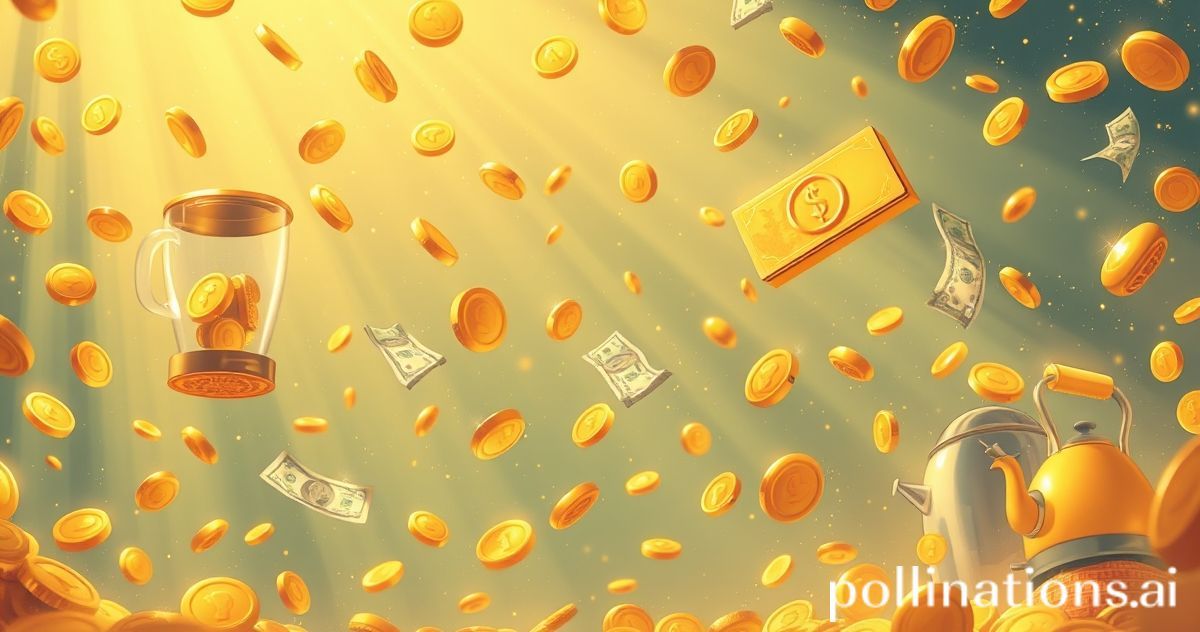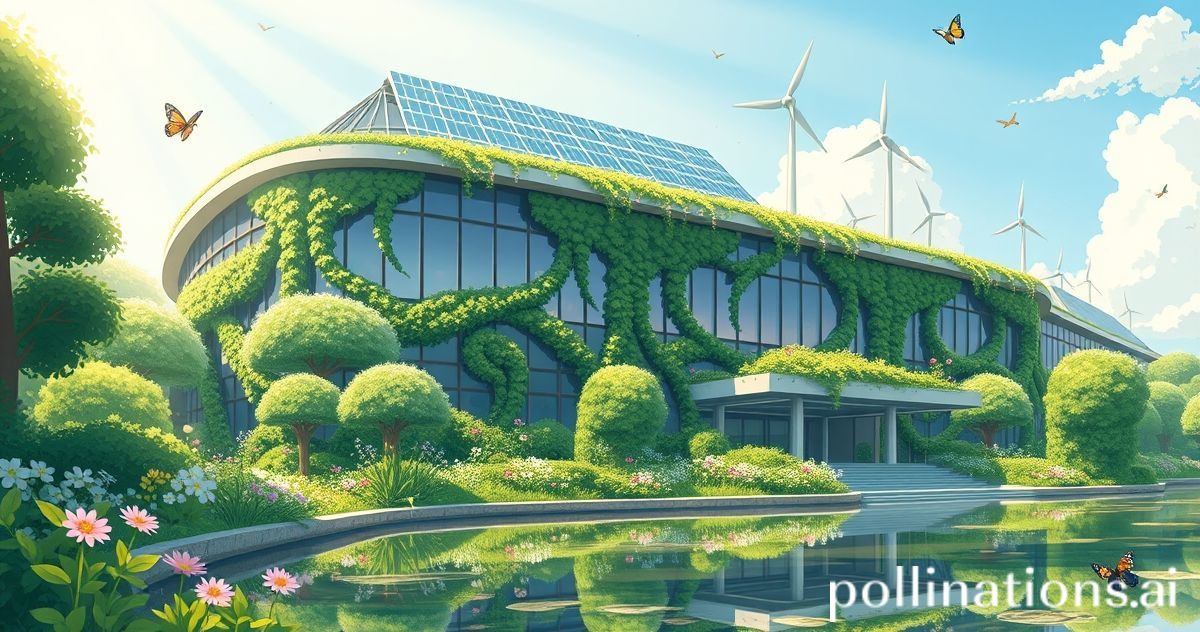
South Korea's government has launched an exciting new rebate program in July 2025 that's creating a buzz among consumers nationwide. The "Top-Efficiency Appliance Purchase Cost Rebate Program" offers up to 300,000 KRW (approximately $225) for individuals and 600,000 KRW ($450) for newlyweds when purchasing energy-efficient appliances. This comprehensive guide will help you understand everything you need to know about this remarkable opportunity.
🌟 What Makes This Program Special?
The Korea Energy Agency's rebate program represents a significant shift in South Korea's approach to energy conservation. Unlike previous initiatives run by KEPCO (Korea Electric Power Corporation), this new program allows double benefits - meaning even if you received rebates from KEPCO in 2024, you can still apply for this new program!
Key Program Features:
- Rebate Rate: 10% of purchase price
- Maximum Individual Rebate: 300,000 KRW ($225)
- Maximum Newlywed Rebate: 600,000 KRW ($450)
- Eligible Period: Purchases made after July 4, 2025
- Application Start: Mid-August 2025

📱 Understanding Korea's Energy Efficiency Culture
For international readers, it's important to understand South Korea's unique relationship with energy efficiency. The country has one of the world's most comprehensive energy labeling systems, with appliances rated from Grade 1 (most efficient) to Grade 5 (least efficient). This cultural emphasis on energy conservation stems from Korea's limited natural resources and high energy import dependency.
🏠 Eligible Appliances and Cultural Context
The program covers nine essential household appliances that are staples in Korean homes:
- Television Sets - Korea leads globally in premium TV technology
- Air Conditioners - Essential for Korea's hot, humid summers
- Dehumidifiers - Critical during Korea's monsoon season
- Washing Machines - Both traditional and drum types popular
- Dryers - Increasingly popular in urban apartments
- Refrigerators - Including Korea's unique kimchi refrigerators
- Dishwashers - Growing adoption in modern Korean households
- Air Purifiers - High demand due to air quality concerns
- Window Air Conditioners - Popular in Korea's dense housing market

💰 Financial Impact and Calculations
Rebate Calculation Examples:
| Purchase Amount (KRW) | Individual Rebate | Newlywed Rebate |
|---|---|---|
| 500,000 ($375) | 50,000 KRW ($37) | 50,000 KRW ($37) |
| 1,000,000 ($750) | 100,000 KRW ($75) | 100,000 KRW ($75) |
| 2,000,000 ($1,500) | 200,000 KRW ($150) | 200,000 KRW ($150) |
| 3,000,000 ($2,250) | 300,000 KRW ($225) | 300,000 KRW ($225) |
| 6,000,000 ($4,500) | 300,000 KRW ($225) | 600,000 KRW ($450) |
🏢 Rental Products Innovation
Reflecting Korea's innovative approach to appliance access, the program also covers rental products - a growing trend in Korean consumer culture. Rental costs are calculated at 70% of total rental fees for rebate purposes, acknowledging Korea's sharing economy growth.
📅 Application Process and Timeline
Critical Dates:
- Purchase Eligibility: July 4, 2025 onwards
- Application Opening: Mid-August 2025
- Method: Online-only through Korea Energy Agency platform
Preparation Steps:
- KakaoTalk Setup: Add "Korea Energy Agency" as friend for updates
- Documentation: Keep purchase receipts and efficiency certificates
- Verification: Use the Energy Efficiency Management System website
- Newlywed Status: Prepare marriage/birth certificates if applicable

🔍 Korea's Tech Giants Response
Major Korean manufacturers Samsung and LG Electronics have responded enthusiastically to the program, offering additional 10% discounts on top of government rebates. This reflects the competitive nature of Korea's domestic appliance market and these companies' commitment to energy efficiency innovation.
Recommended Products for International Observers:
Samsung Window Fit Air Conditioner
- Price Range: 700,000-900,000 KRW ($525-$675)
- Expected Rebate: 70,000-90,000 KRW ($52-$67)
- Innovation: Easy installation for Korea's varied housing types
LG Energy-Efficient Washing Machine
- Price Range: 400,000-600,000 KRW ($300-$450)
- Expected Rebate: 40,000-60,000 KRW ($30-$45)
- Feature: Advanced water-saving technology
🌍 Global Implications and Lessons
Korea's rebate program offers valuable insights for other nations considering similar initiatives:
Policy Innovation:
- Dual Agency Approach: Allowing multiple rebate programs increases consumer participation
- Technology Integration: Online-only applications streamline processing
- Social Media Integration: Using KakaoTalk for updates leverages Korea's digital infrastructure
Cultural Adaptation:
- Newlywed Focus: Recognizes Korea's demographic challenges
- Rental Inclusion: Acknowledges changing consumption patterns
- Seasonal Timing: Launched during summer appliance purchase peak
💡 Success Tips for Participants
Based on early program analysis, successful participants should:
- Act Quickly: Limited budget means early applications have better chances
- Document Everything: Keep detailed purchase records
- Verify Eligibility: Use official websites to confirm product qualification
- Monitor Updates: Follow official KakaoTalk channel for real-time information
🎯 Conclusion: A Model for Global Energy Policy
Korea's 2025 Top-Efficiency Appliance Rebate Program represents a sophisticated approach to energy conservation that other nations could emulate. By combining financial incentives with cultural understanding and technological innovation, the program demonstrates how governments can effectively promote energy efficiency while supporting consumer spending.
The program's success will likely influence similar initiatives across Asia and beyond, making it a crucial case study for international energy policy observers.
Original Korean Article: https://trendy.storydot.kr/blog/2025-appliance-rebate-guide


0 Comments